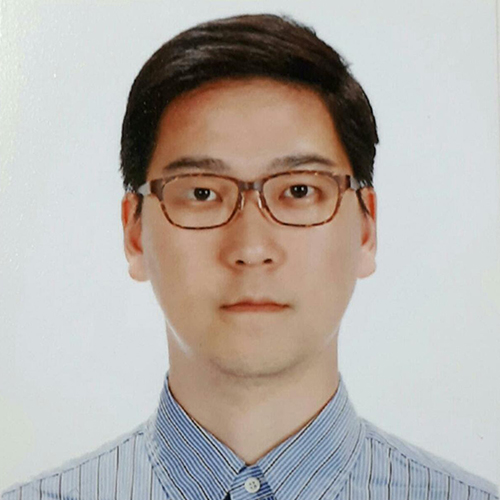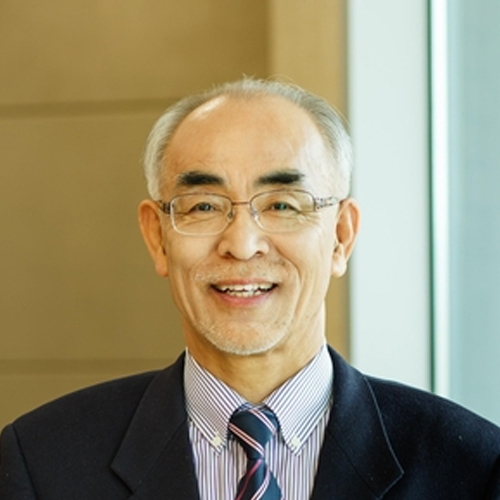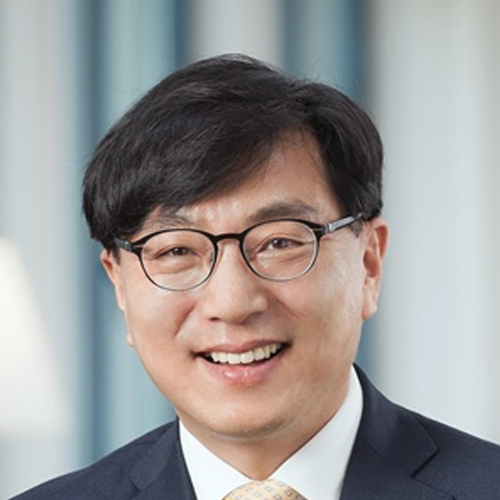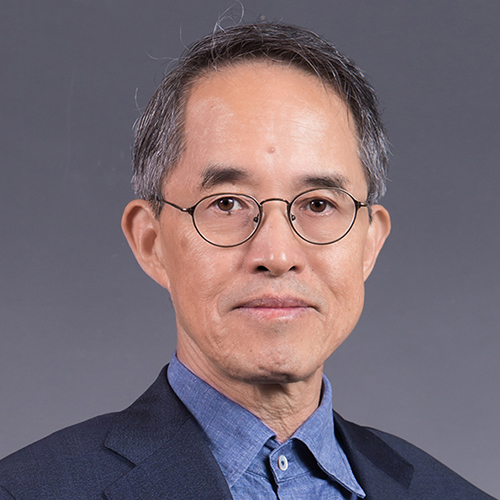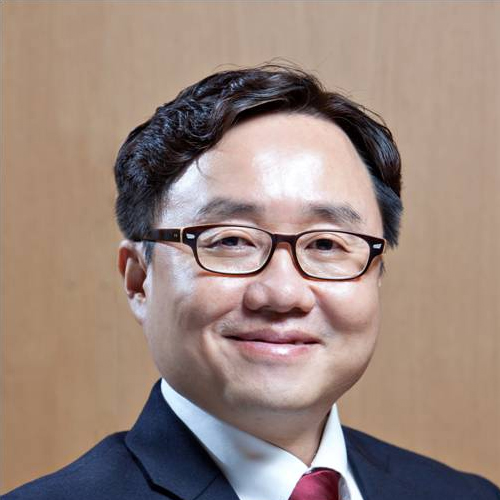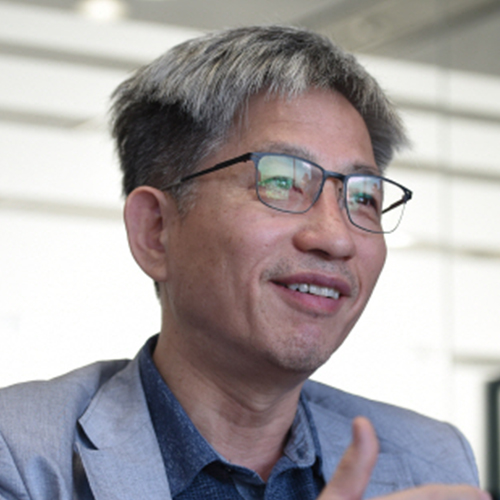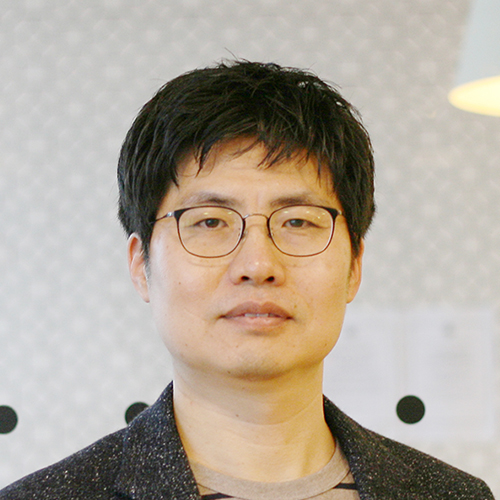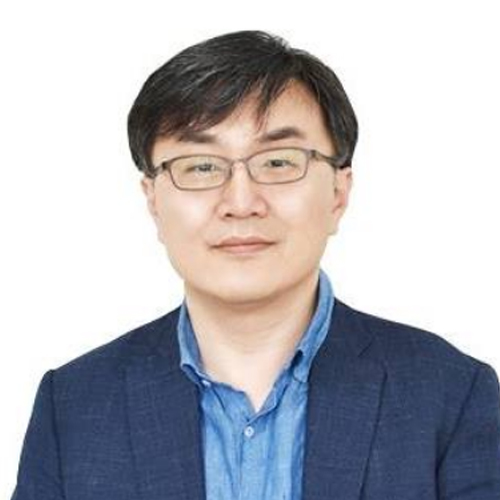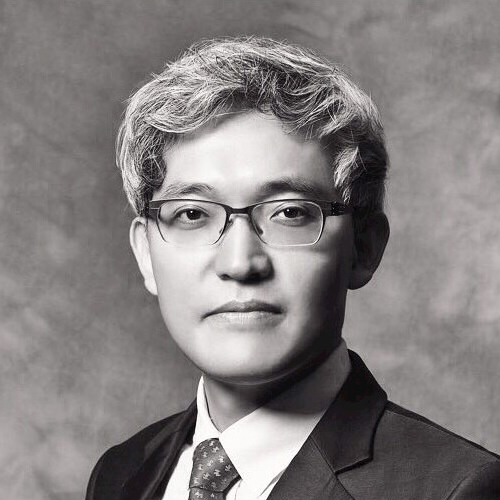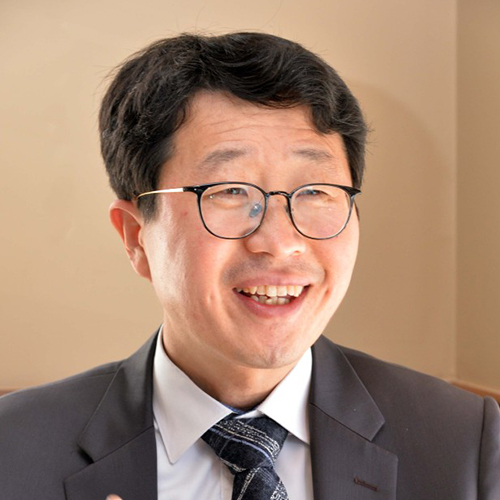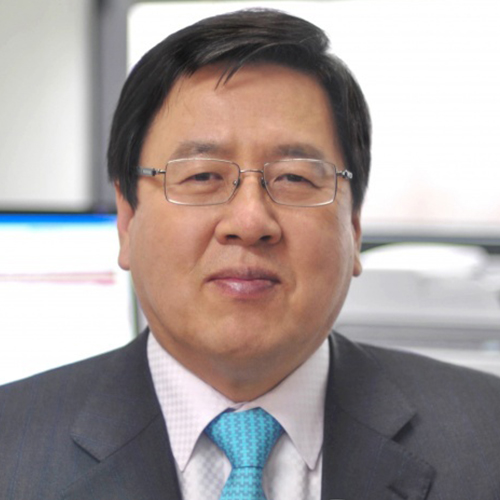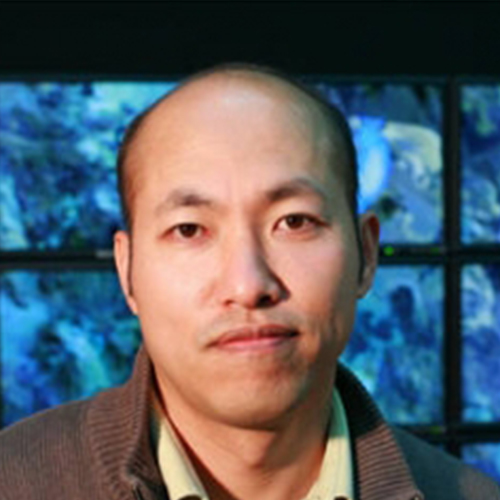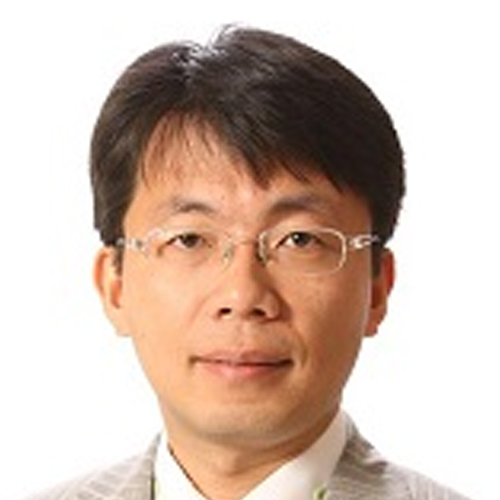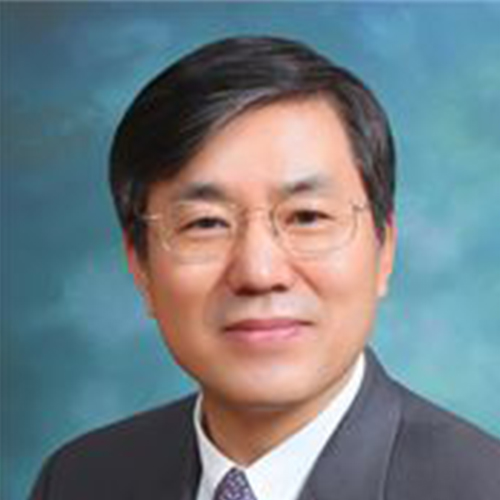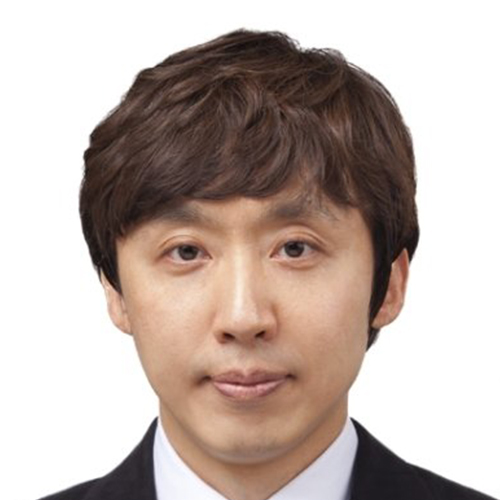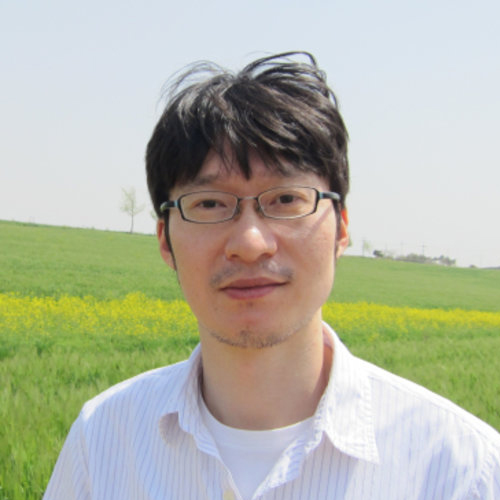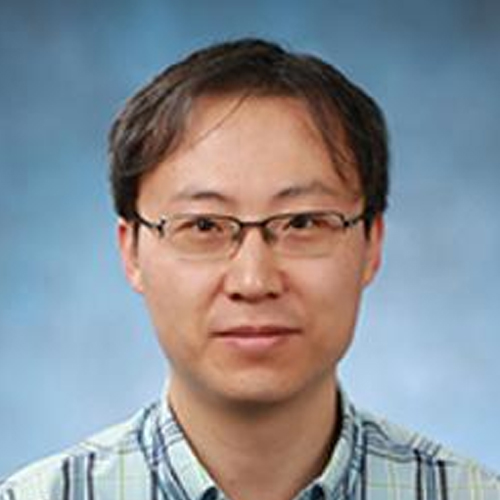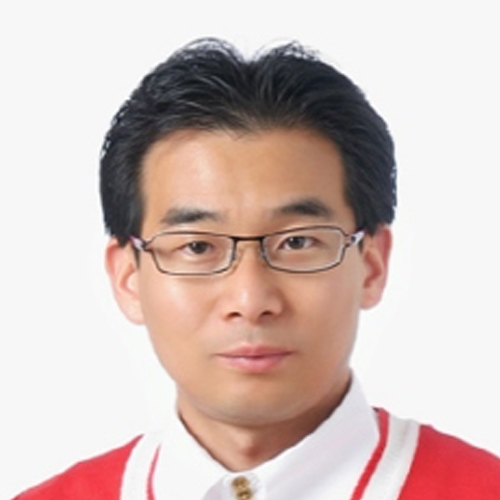BEC Members

이흥노
BEC 센터장 /
전기전자컴퓨터공학부 교수
Dr. Lee received the B.S., M.S., and Ph.D. degrees in electrical engineering from the University of California at Los Angeles, Los Angeles, CA, USA, in 1993, 1994, and 1999, respectively.
탈중앙화를 위한 ECCPow, 거래보안성 향상을 위한 double-spending attack prediction 연구, Spectrometer, EEG/fNIRS Brain Monitoring system을 활용한 inteligent sensor system-based blockchain research
He was a Research Staff Member with HRL Laboratory, Malibu, CA, USA, from 1999 to 2002. He was then appointed as an Assistant Professor with the University of Pittsburgh, Pittsburgh, PA, USA, in 2002. In 2009, he joined the Gwangju Institute of Science and Technology (GIST), Gwangju, South Korea, as an Associate Professor, where he was promoted to a Full Professor in 2013. He was the Director of electrical engineering and computer science track with GIST in 2014, where he was appointed the Dean of Research in 2015. He has published over 40 international journal publications and 100 international conferences and workshop papers. His current research interests include information theory, signal processing theory, and communications theory, and the application to wireless communications and networking systems, compressive sensing and optical engineering, biomedical systems, and brain computer interfaces.
Dr. Lee was a recipient of the Top 50 Research and Development Achievements of Fundamental Research in 2013 (National Research Foundation), the Top 100 National Research and Development Research Award in 2012 (the Ministry of Science, ICT and Future Planning), and This Month Scientist/Engineer Award (National Research Foundation) in 2014. He has served as the Lead Guest Editor for the EURASIP Journal on Wireless Communications and Networking in 2010 and 2011, and has been an Area Editor for the AEU International Journal of Electronics and Communications since 2013. He was the Chapter Chair for the IEEE Signal Processing Society with Pittsburgh, from 2005 to 2008. He has served as Secretary of the IEEE Gwangju Section in Gwangju, from 2010 to 2011. He has been the Chair of the IEEE Gwangju Section since 2012. He has served as a member of technical program committees for IEEE conferences, including the IEEE International Conference on Communications and IEEE Globecom.
더 알아보기 »

이명은
대외협력팀장

정현준
박사급연구원
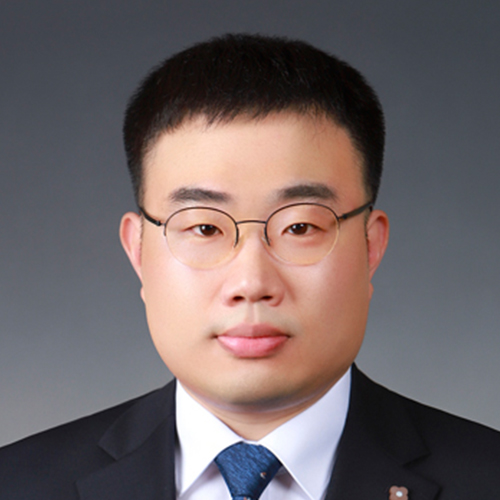
이승찬
박사급연구원

권효민
선임연구원
